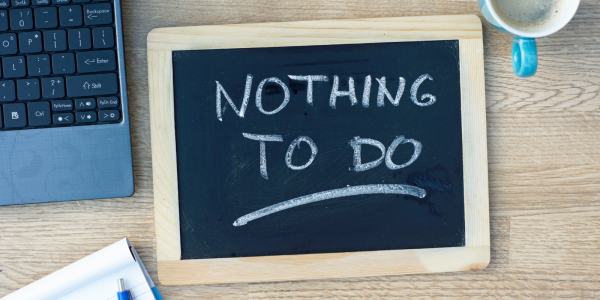There is no new ‘side hustle tax’, say tax experts
The Low Incomes Tax Reform Group has reassured those selling goods and services online that they won’t be subject to a new “side hustle tax”, despite information online in the past few days suggesting otherwise.

While there are new rules from 1 January 2024, these simply mean online platforms, such as Ebay, Vinted, Uber and Deliveroo, will have to collect and send information to HMRC. They do not create any new tax obligations for individuals. LITRG are urging people who are concerned to read its detailed Q&A guidance to understand what is changing and what it means for them.1
From 1 January 2024, new rules apply which require UK-based online platforms to collect information about most people who make money through their platforms and then, on or before 31 January (for the preceding calendar year), to send this information to both HMRC and the individual themselves. However, these new rules do not create any new tax obligations for individuals and the existing rules – about what platform income needs to be declared and who needs to register for a self assessment tax return – have not changed.
Victoria Todd, Head of LITRG said:
“We understand there is a lot of worry among people who sell via online platforms about the changes, including for those who sell personal items they no longer want or to clear space in their home. However we want to reassure sellers that there is no new ‘side hustle tax’ and no changes to the tax rules about what income needs to be declared to HMRC or when it needs to be declared.
“In particular, people selling unwanted personal items such as their children’s old clothes or toys are not likely to be ‘trading’.2 Therefore, even if it is a significant amount, any money they make is generally not taxable.3
“The new rules have caused a great deal of confusion, but they simply mean that HMRC are receiving more information from online platforms than they were before. If you are following existing rules and declaring your income as required, then you don’t need to worry or do anything differently.”
The data collected by platforms will be sent to both HMRC and the individual themselves by 31 January 2025.
The changes do mean that if people who should have been reporting their income from online platforms have not been doing so, HMRC are more likely to find out about it. However, even if HMRC find out about income from online platforms, there are some legitimate reasons why people do not need to report it.
Victoria Todd continued:
“In our experience, there are lots of misconceptions about declaring income made from online platforms. People think because it is a side hustle (not their main income), or they are paid in cash, or they have been doing it for less than a year then they don’t need to worry about telling HMRC – none of this is true. Broadly, HMRC say you need to register and send them a tax return unless: you have trading or miscellaneous income (before expenses are deducted) of under £1,000 and the trading allowance applies; or you are selling personal items that you no longer want4.
“If you are required to declare your income and you are not doing so, then you need to take some action to bring your tax affairs up to date. If you have not declared income for previous tax years, you may also need to take action to correct those years. Failure to meet tax obligations, including declaring certain income, can lead to penalties and interest charges.
“We are urging people to read our guidance where we explain the changes in more detail and what it means for people. People who sell via online platforms should check their position to make sure they have been doing everything correctly and take steps to rectify their position if they have not. Our guidance explains where people can get help.”
Notes for editors
- The guidance can be found here in our article: New rules for gig economy workers – your questions answered.
- When you are selling things you no longer want, e.g. books, toys, clothes etc., the reality is you are generally selling at less than you paid for them. Your activity is unlikely to be regular, organised or developed and you are not operating with a view to making a profit. You are therefore unlikely to be trading. We explain in what circumstances you are likely to be trading in our guidance: Tax if you work in the gig economy.
- In rare instances, people selling high value personal items like jewellery and paintings may be caught by capital gains tax, which we explain further in our website guidance: Selling shares and other assets.
- Ibid.
